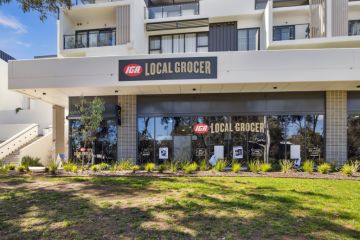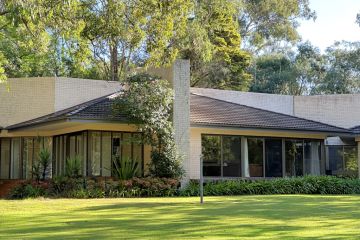Beyond the classroom: The benefits of engaging in co-curricular activities
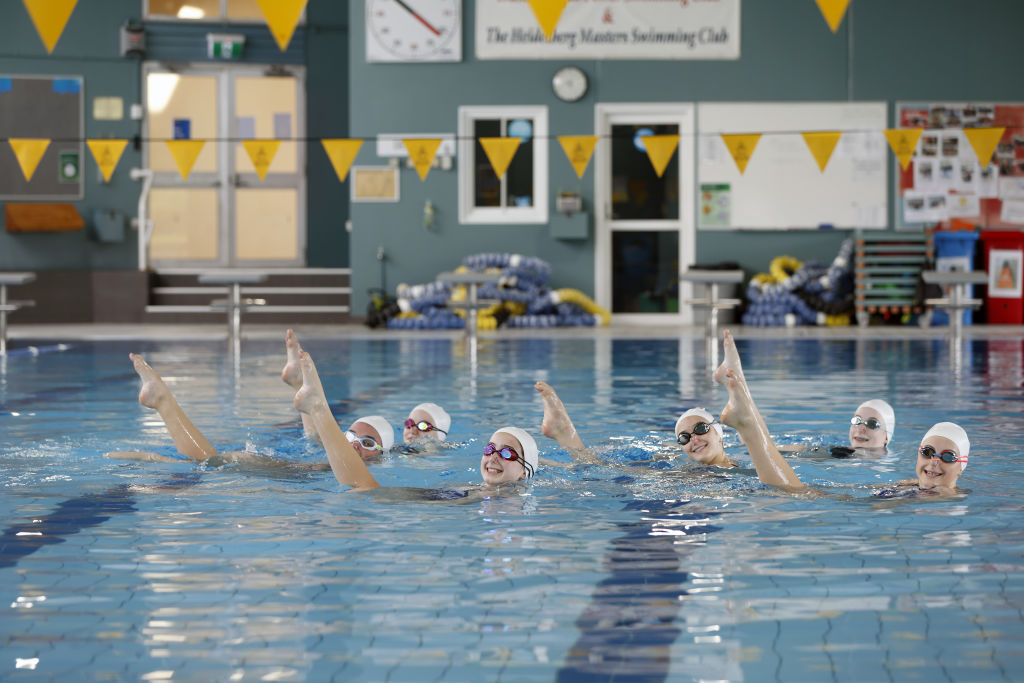
The late British educationist and creativity expert, Sir Ken Robinson, defined in his book The Element a particular point at which natural talent meets personal passion, leading in turn to achievement at the highest levels.
“It’s a fantastic book that talks about how finding your passion really helps you find yourself,” says Ivanhoe Girls’ Grammar School’s head of senior school and deputy principal Davina McClure. “I think students do find their element when they have that choice of being involved in a co-curricular activity.”
At Ivanhoe, there are more than 30 clubs and activities available to students, in addition to performing arts groups and sports teams.
“We have more than 20 ensembles that include choirs, chamber groups, orchestras and bands,” she says.
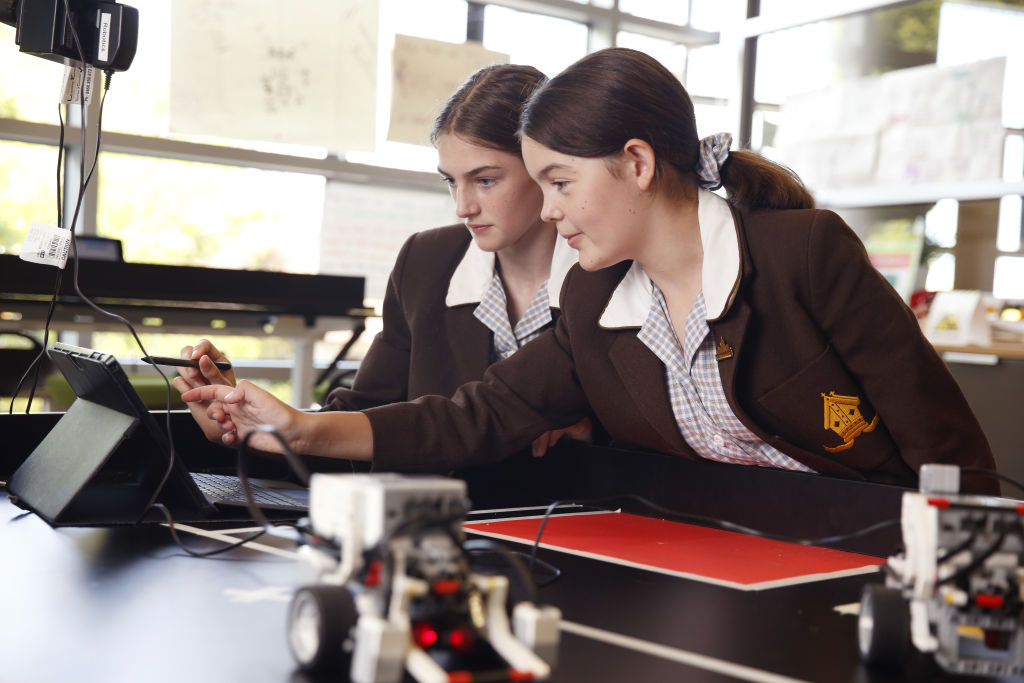
As part of Girls Schools Victoria (GSV), Ivanhoe’s students have the opportunity to compete in week-day inter-school sports that include softball, badminton, volleyball, indoor cricket and hockey, with the school also offering its own sports program, which takes in different experiences like circuit training, aerobics and fencing. Those who might not be athletically inclined also have a range of other options, from areas as diverse as coding and chess, to gardening and knitting.
“Co-curricular activities are significant for enriching students on an emotional, cognitive, physical, and social level,” says Megan Fritsch.
As president of the Career Industry Council of Australia, Fritsch knows the value of such activities when it comes time for students to enter the workforce.
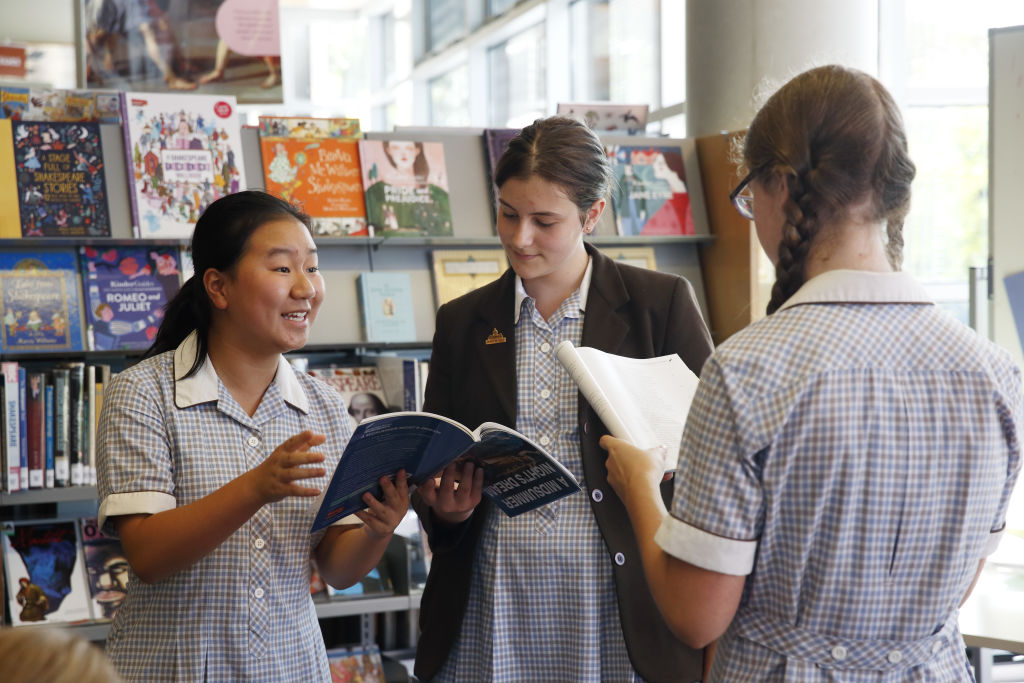
“The rewards of co-curricular activities in schools have been researched pretty well and it is now ascertained that students who participate in these activities show better academic results, stronger relationships in schools and are more likely to lead a healthy and active lifestyle,” she says.
“Experiences and skills acquired through these co-curricular activities make students proactive and prepared for their future endeavours,” she adds, which is why they are so appealing to employers when they see them on CVs.
For former Wesley College student Caity Price, this was certainly her experience. Now 24, she is working at the Australian Securities and Investments Commission as a market surveillance analyst, having graduated with arts/law degrees and been admitted as a solicitor by the Supreme Court of Victoria. While attending Wesley from kindergarten through to year 12, she played violin in the orchestra and was on the school’s softball and skiing teams.
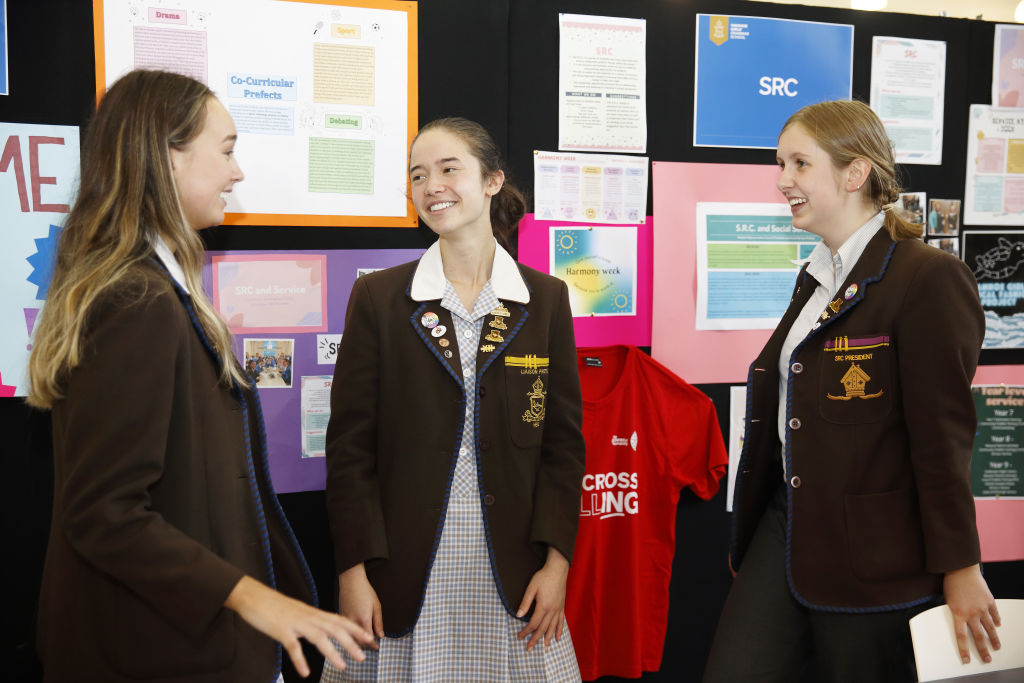
“In some ways, I think being involved in co-curricular things took some pressure off doing well purely in academics at school,” she reflects. “It was nice to get away from studying and get involved in school in a capacity that wasn’t just about class work.”
Discovering a passion for these sports, she also joined clubs outside of school, which opened up further social and travel opportunities. It also helped her transition into tertiary education.
“Especially at uni, I played a lot of softball, and went to UniGames, which enabled me to get involved in campus life in ways I otherwise wouldn’t have,” she says. This included founding a softball club, which led to her sitting as a board member on ANU Sport.
Looking back now, she can see so many other benefits that set her up for success. Not only did playing sports teach her about “hard work, diligence and empathy in understanding people from different backgrounds”, she says she also acquired a suite of professional skills such as “managing people, following through with a strategic purpose, creating both long and short term direction of an entity, managing logistics and finances”.
“Without a doubt, I could not have gone without this on my resume when I was applying for grad jobs.”
This article featured in Domain Review’s Independent Schools Guide.
We thought you might like
States
Capital Cities
Capital Cities - Rentals
Popular Areas
Allhomes
More




